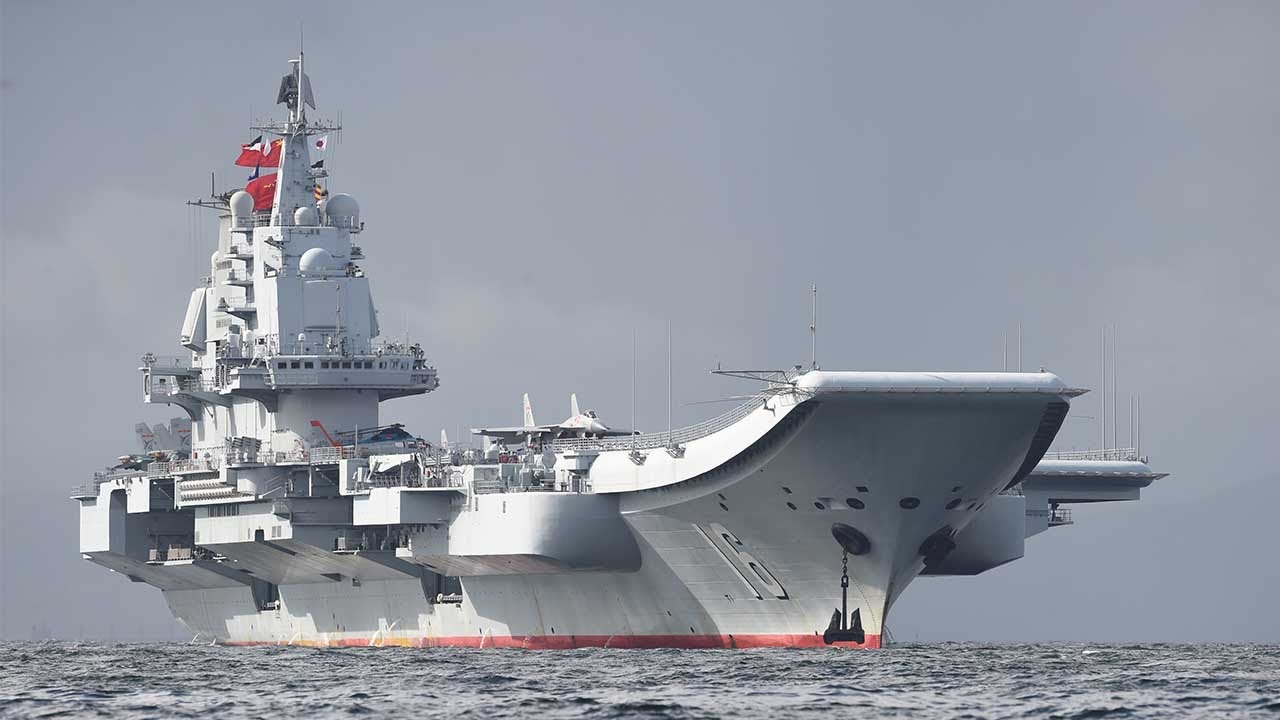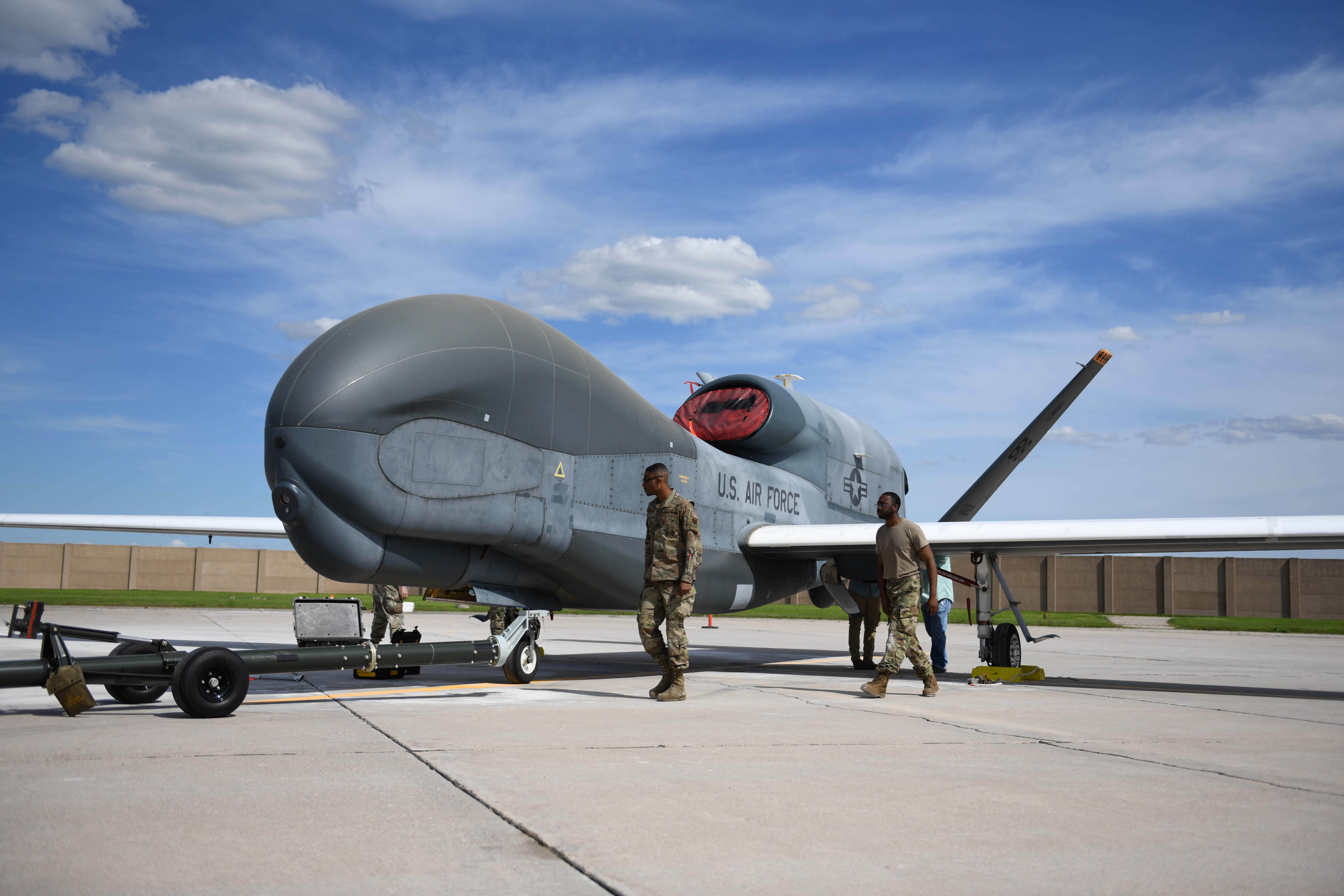Ukrainian President Volodymyr Zelensky is calling out “terrorist state” Russia after several S-300 missile attacks on the city of Zaporizhzhia resulted in the death of a child.
In a recorded video message on Sunday Zelensky said, “The Russian army shelled Zaporizhzhia. S-300 missiles. The hit was in a house, a residential building. Three people were in it. A man, a woman and a child are a girl, her name was Iryna, this year she would have turned 11 years old. She died. Husband too. My condolences.”
“This is how the terrorist state spends this Palm Sunday. In this way, Russia puts itself in even greater isolation from the world, from humanity,” Zelensky continued. This message was translated via Google Translate.
Meanwhile, the Russian military is struggling to make headway in its invasion of Ukraine and has spent the past few months trying to capture the Donbas city of Bakhmut ahead of an anticipated counterattack by Kyiv. If Ukrainian forces break through, they could reach Russian-occupied Crimea, which one Putin ally warned could lead to the use of nuclear weapons.
The threat of using nuclear weapons is not new as Russian President Vladimir Putin recently announced plans to move nuclear weapons to neighboring Belarus. While speaking to Russian State media on March 25, Putin said that he will station tactical nuclear weapons in Belarus, though he did not specify when the action would occur.
Putin also said the move does not violate any of Russia’s nuclear non-proliferation commitments, and that Belarusian President Alexander Lukashenko, who has long been a staunch ally of Russia, had requested the weapons’ deployment.
Meanwhile, French President Emmanuel Macron spoke with media outlet Les Echos on Sunday of his recent conversation with China’s President Xi Jinping and a common goal surrounding nuclear weapons.
Macron said, “I think China is making the same observation as we do, namely that today the time is military. Ukrainians are resisting and we are helping them. This is not the time for negotiations, even if they are prepared and the groundwork must be planted.”

Macron continued: “This is the aim of this dialogue with China: to consolidate common approaches. One: support for the principles of the Charter of the United Nations. Two: a clear reminder on the nuclear issue and it is up to China to draw the consequences of the fact that President Putin deployed nuclear weapons in Belarus a few days after making a commitment not to do so. Three: a very clear reminder on humanitarian law and the protection of children. And four: the desire for a negotiated and lasting peace.
Concluding Macron said, “I note that President Xi Jinping spoke of a European security architecture. There can be no European security architecture as long as there are countries invaded in Europe or conflicts frozen. So you see that a common matrix emerges from all this. Is Ukraine a priority of Chinese diplomacy? Maybe not. But this dialogue makes it possible to temper the comments that have been heard about a form of complacency on the part of China towards Russia.”
While speaking on Russia’s war against Ukraine, Rajan Menon, Director of the Grand Strategy Program at Defense Priorities told Newsweek on Sunday, “I see no signs of end. Russia and Ukraine both continue to believe that each can win the war, and the terms on which one side is prepared to end it remain utterly unacceptable to the other.”
“Russia’s much-vaunted winter offensive has fizzled, and its army’s problems become more evident by the day. We must now wait and see whether Ukraine’s spring offensive, fortified by an array of new Western weaponry, proves decisive or, failing that, enables it to gain substantial ground,” Menon concluded.
this article was updated at 10:00 pm ET with Rajan Menon’s comment and 10:25 pm ET with Macron’s full statement.





